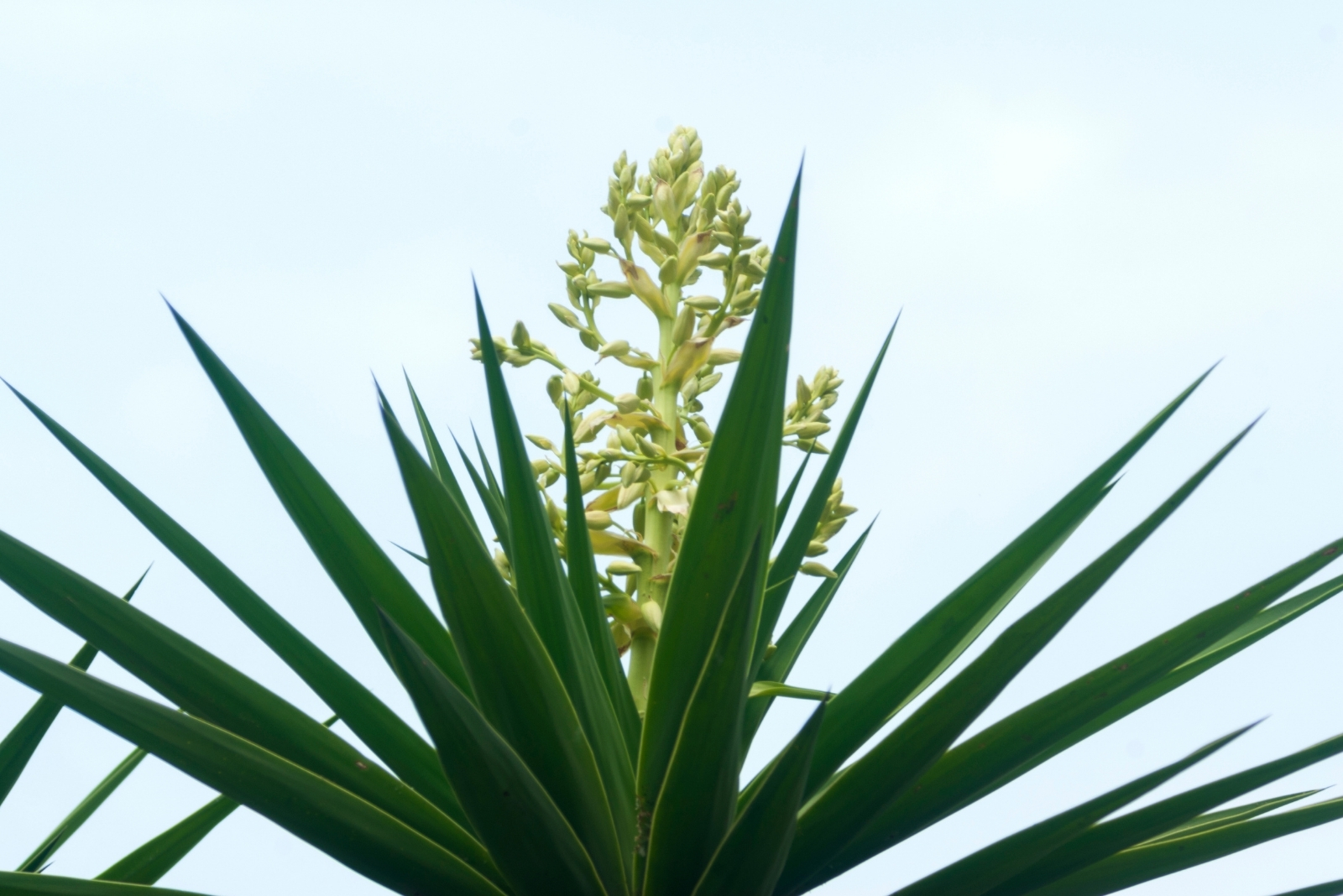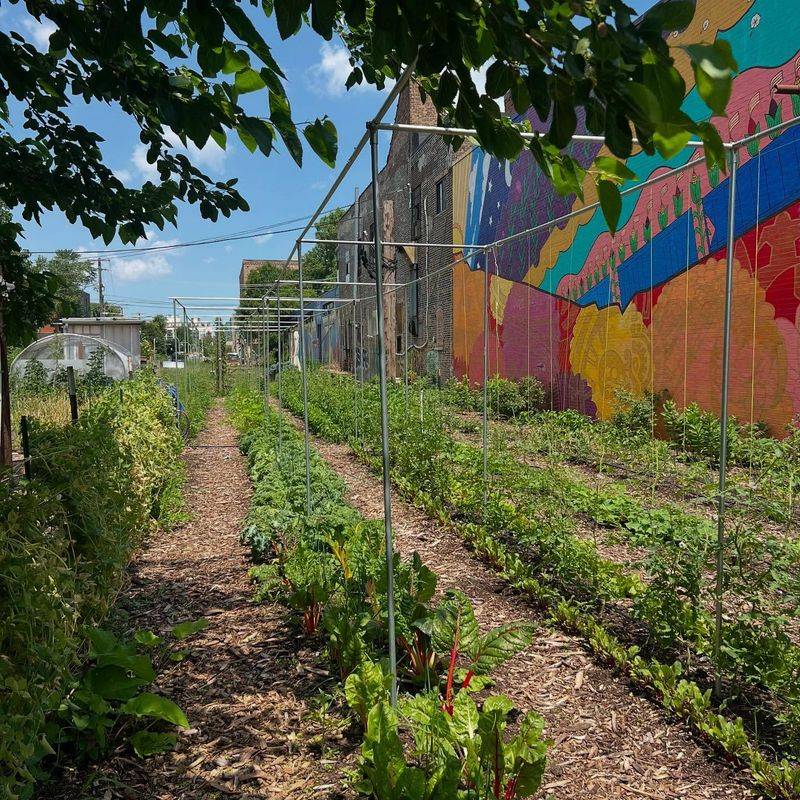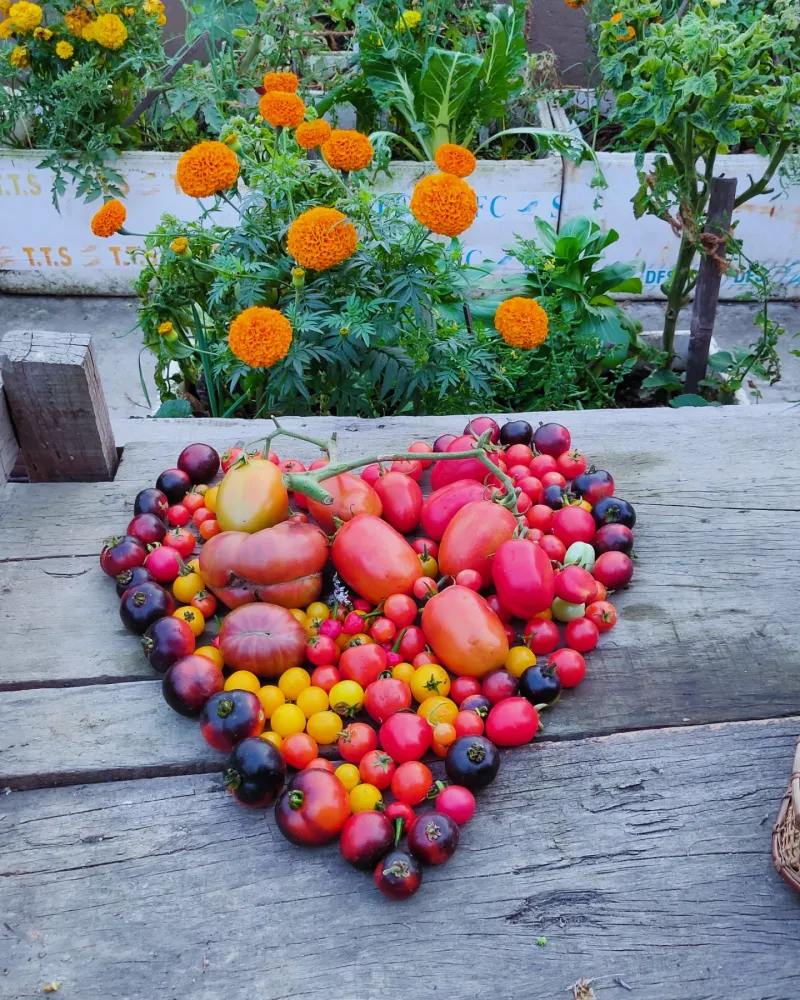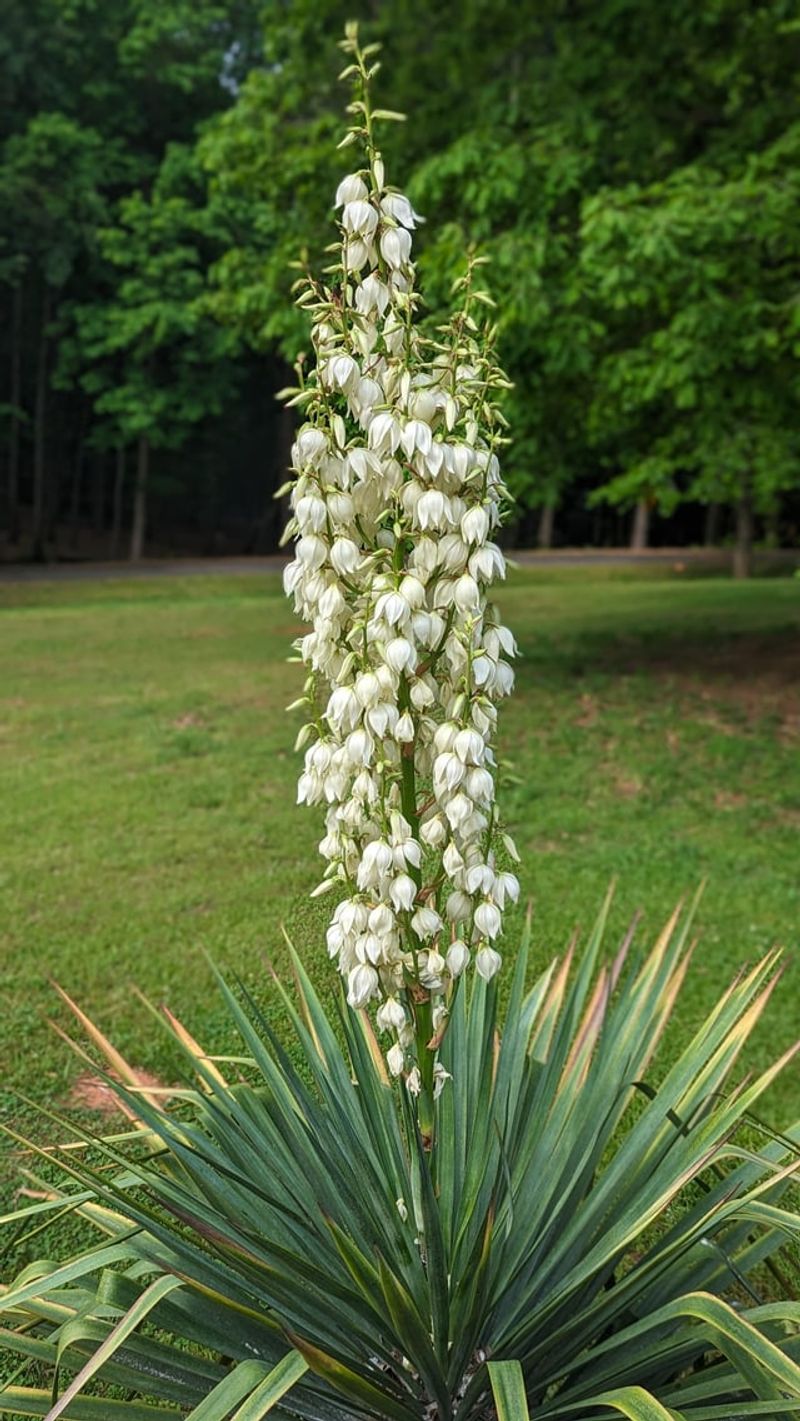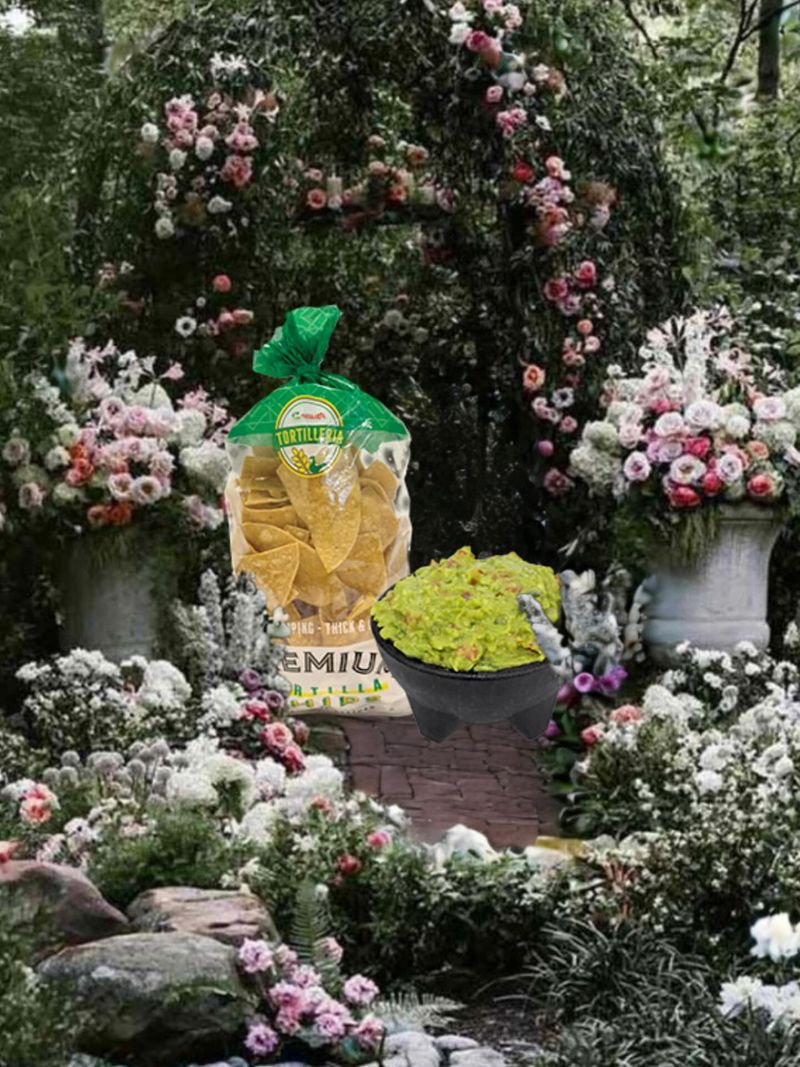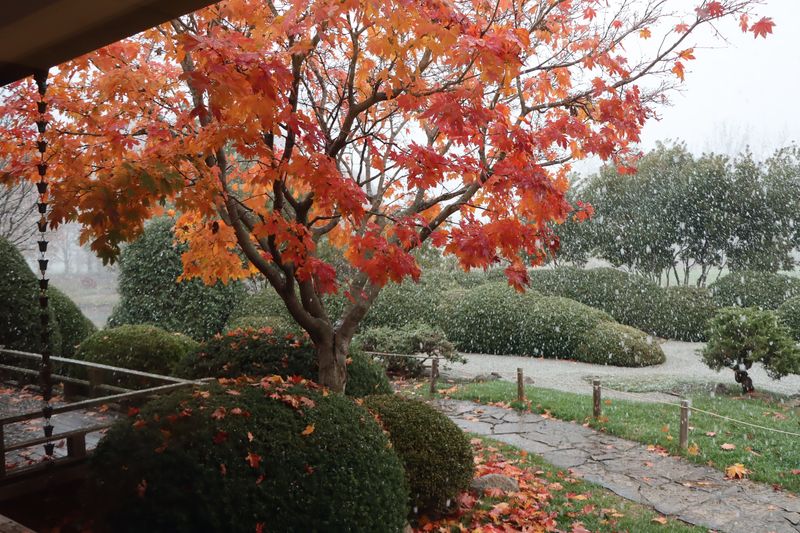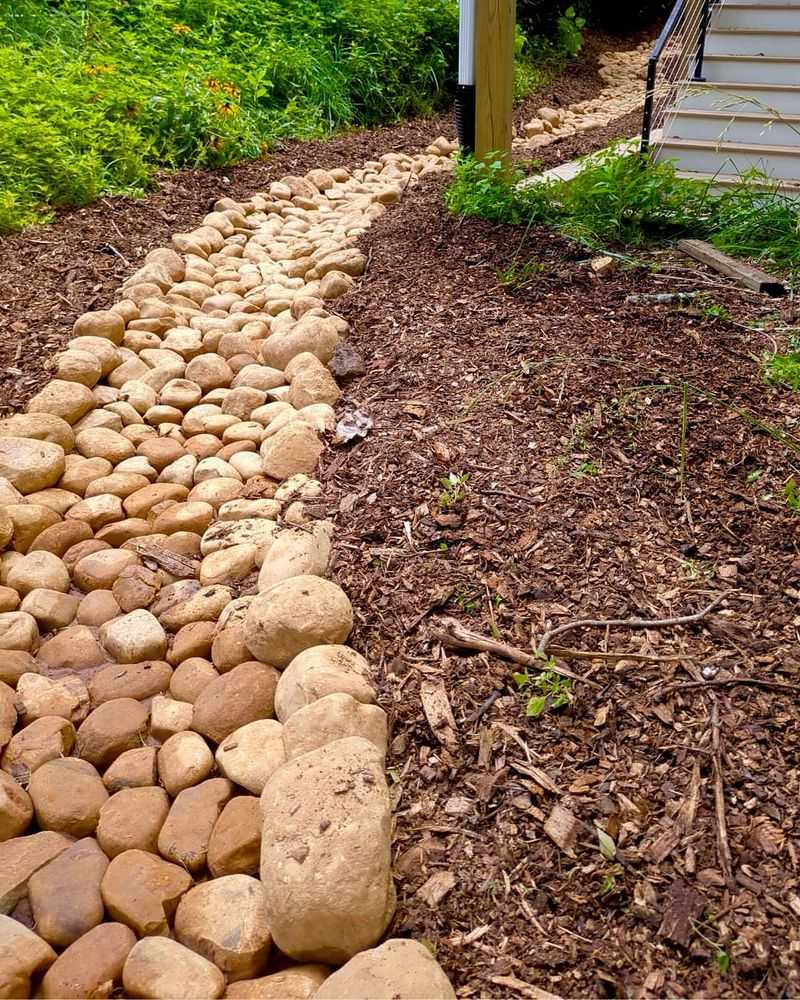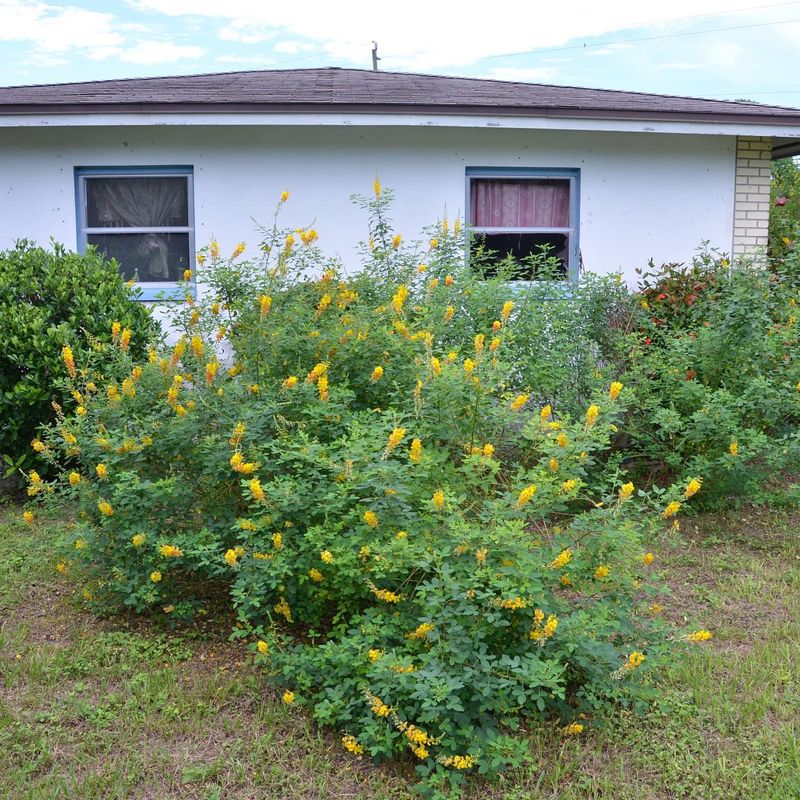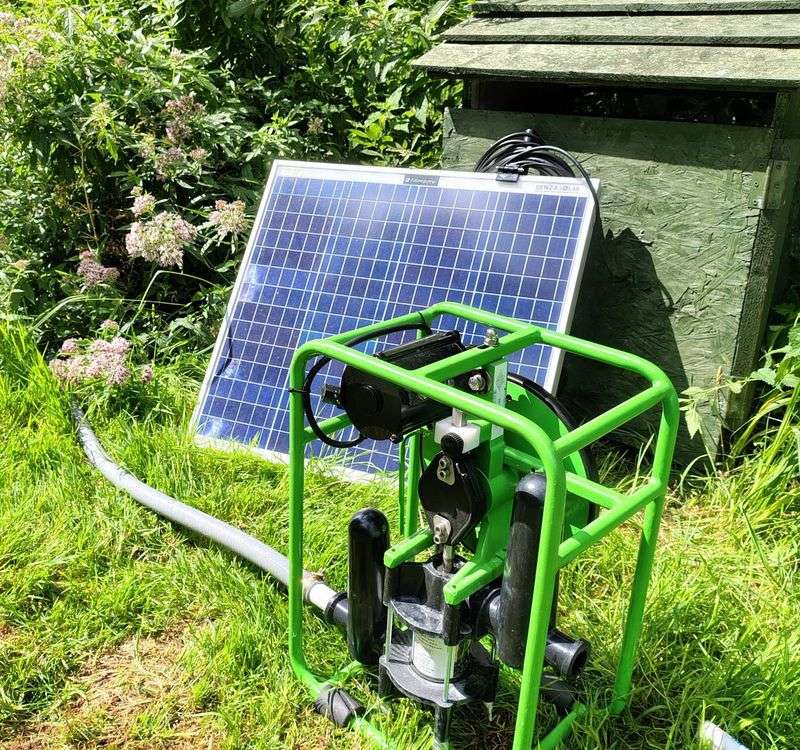In Illinois cities, Latin American community gardens are thriving with energy and tradition. These shared spaces are filled with fresh produce, vibrant flowers, and a strong sense of togetherness.
Generations come together to grow, share, and celebrate their roots through the land. Each garden tells a story of culture, resilience, and community spirit.
1. Chicago’s Pilsen Neighborhood
Colorful marigolds and vibrant chiles line the pathways of Pilsen’s El Jardín de las Mariposas. Local families tend plots filled with epazote, tomatillos, and cilantro, ingredients essential for authentic Mexican cuisine.
Every September, this Illinois garden hosts a harvest festival where gardeners share traditional recipes passed down through generations. Children learn about monarch butterfly migration while helping with seasonal planting.
2. Aurora’s East Side Gardens
Founded by Puerto Rican families in 2010, Aurora’s Semillas de Esperanza garden transformed an abandoned lot into a thriving green space. Rare varieties of ajíes dulces and recao grow alongside plantains in this Illinois haven.
Weekend workshops teach sustainable growing practices while elders share stories about farming techniques from their homeland. The garden’s annual Three Kings celebration in January has become a beloved community tradition.
3. Waukegan’s Raíces Profundas
Morning mist hangs over rows of quinoa and amaranth at Waukegan’s Raíces Profundas garden. Started by Ecuadorian immigrants, this Illinois space preserves Andean growing traditions through vertical farming techniques and water conservation.
Summer weekends bring multigenerational gardening sessions where grandparents teach youngsters to identify medicinal herbs. A small greenhouse enables year-round cultivation despite the challenging Midwest winters.
4. Elgin’s La Cosecha Collective
Honeybees buzz between rows of heirloom tomatoes at Elgin’s La Cosecha Collective. This Illinois garden specializes in seed-saving from traditional Mexican and Central American varieties rarely found in commercial markets.
Monthly potlucks bring together gardeners from Guatemala, El Salvador and Mexico who share dishes made from their harvests. Youth programs teach entrepreneurial skills through a small farmers market stand selling garden produce.
5. Joliet’s Jardin de Amistad
Railroad tracks border one side of Joliet’s Jardin de Amistad, where Colombian and Venezuelan families have created a peaceful oasis. Yuca, name, and culantro thrive in specialized raised beds designed for root vegetables.
This Illinois garden features a communal outdoor kitchen where cooking demonstrations happen every other weekend. A rainwater collection system designed by community engineers helps maintain sustainable irrigation throughout dry summer months.
6. Rockford’s Sembrando Futuro
Against the backdrop of Rockford’s industrial skyline, Sembrando Futuro garden bursts with color and life. Founded by Mexican and Honduran factory workers, this Illinois space grows traditional crops like chayote, nopales, and hierba buena.
A small orchard of dwarf fruit trees produces guavas and Mexican limes despite the northern climate. Children’s garden plots feature whimsical decorations made from recycled materials, teaching sustainability alongside cultural heritage.
7. Champaign-Urbana’s Sabores Unidos
University students and long-time residents collaborate at Champaign-Urbana’s Sabores Unidos garden. This unique Illinois space blends academic agricultural research with traditional growing methods from across Latin America.
Brazilian, Peruvian and Argentine gardeners experiment with climate-adapted varieties of their homeland vegetables. A small greenhouse extends the growing season for tropical herbs like culantro and papalo that struggle in central Illinois winters.
8. Peoria’s Jardín del Río
Nestled near the Illinois River, Peoria’s Jardín del Río features terraced beds reminiscent of ancient Andean farming techniques. Bolivian and Peruvian families grow native varieties of potatoes alongside corn, beans and squash using traditional companion planting.
Summer solstice celebrations honor indigenous agricultural traditions with music and dancing. A small processing area allows gardeners to dry chiles and herbs for use throughout winter months.
9. Bloomington’s Semillas de Esperanza
Former farmland now hosts Bloomington’s Semillas de Esperanza, where Guatemalan and Salvadoran families grow chipilín, loroco flowers, and other Central American specialties rarely found in Illinois markets.
Weekly community meals strengthen bonds between gardeners from different countries and generations. A partnership with local schools brings students for educational visits about food systems, immigration stories, and cultural exchange through gardening.
10. Moline’s Huertos Comunitarios
Along the Mississippi River, Moline’s Huertos Comunitarios serves the Quad Cities’ growing Latino population. Mexican and Ecuadorian factory workers tend plots after shifts, growing jitomates, chiles, and hierba santa for traditional dishes.
This Illinois garden includes an innovative vertical growing system designed by community members with engineering backgrounds. Weekend gatherings feature music, food sharing, and storytelling circles where gardeners connect across cultural backgrounds.
11. Naperville’s Raíces Compartidas
Suburban sprawl surrounds Naperville’s Raíces Compartidas garden, where Colombian, Venezuelan, and Brazilian professionals maintain plots between busy work schedules. Raised beds burst with cilantro, ají dulce, and rare varieties of beans.
This Illinois garden emphasizes organic practices and sustainability education. A small solar-powered irrigation system demonstrates eco-friendly technology while community composting workshops teach practical skills that honor traditional waste-free agricultural methods.

